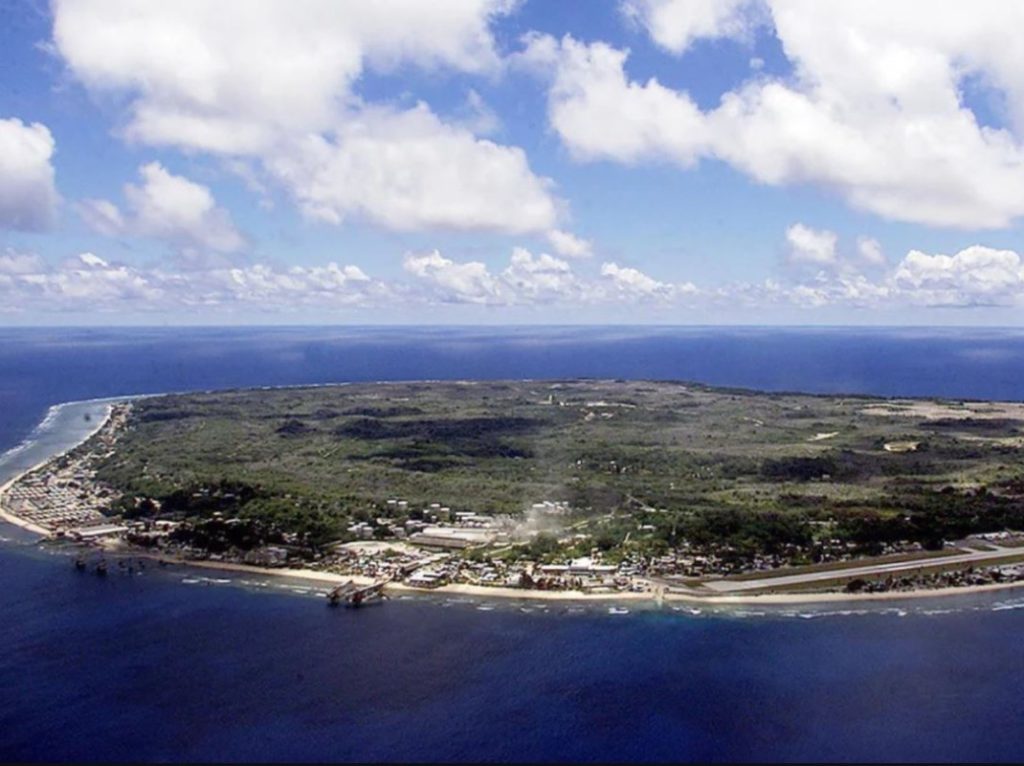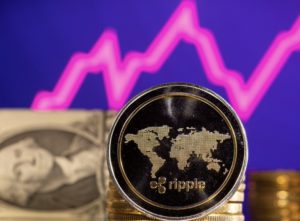Nauru Suddenly Becomes the Crypto Center of the Pacific: New Law Set to Shake Up the Digital World!

Jakarta, Pintu News – Nauru, a small island nation in the Pacific, has just made a big splash by passing a special law to regulate crypto and digital assets. The move makes Nauru the first country in the Pacific region to have a dedicated regulatory authority for digital assets, targeting a new position as a center of crypto activity and Web3 innovation.
These regulations not only govern crypto activities, but also support the development of digital banks, stablecoins, and cross-border payment solutions. With a population of only around 12,500 people, Nauru is now poised to play an important role in the global cryptocurrency ecosystem.
Digital Asset Regulatory Authority Officially Established
Nauru’s parliament has officially established the Command Ridge Virtual Asset Authority (CRVAA) as an autonomous body overseeing virtual assets, digital banking and Web3 innovation. CRVAA will implement a licensing scheme for virtual asset service providers (VASPs), allowing them to offer services using Nauru as a base of operations. It is believed that this policy will attract crypto businesses, increase investment flows, and create jobs in the financial technology sector.
This progressive move is fully supported by President David Adeang, who emphasized that digital asset regulation is an effort to strengthen Nauru’s economic resilience. In addition, Adeang expressed his hope that this policy could become a national income diversification strategy, especially since Nauru is known as a country vulnerable to economic and environmental shocks according to the UN Multidimensional Vulnerability Index.
Also Read: Bitcoin Survives Global Uncertainty, Will it Continue to Rise?
Crypto Definition and Unique Regulatory Scope

The new law positions crypto as a commodity, not a security. This means that payment tokens are excluded from investment contract status, while utility and reward tokens receive protection from misclassification. These provisions provide unprecedented legal certainty, especially for token issuers and global industry players.
CRVAA will oversee a variety of activities, including the operation of exchanges, initial coin offerings (ICOs), asset tokenization, stablecoin issuance, decentralized financial services , and digital bank management. All of these activities must obtain CRVAA authorization in order to operate legally within Nauru.
Economic Opportunities and Challenges for Nauru
The presence of digital asset regulations is expected to bring new economic opportunities, especially amid declining revenues from mainstay sectors such as phosphate mining and Australian immigrant detention centers. Minister of Foreign Trade and Investment Maverick Eoe emphasized that this regulation will make Nauru equal to other developed countries in developing the digital economy. By attracting crypto and blockchain industry players, Nauru wants to create a new economic base that is resilient and not dependent on traditional revenue.
In addition to encouraging innovation, the government also aims for new financial flows to be channeled into the Intergenerational Trust Fund endowment, thereby strengthening long-term economic resilience. However, digital infrastructure challenges and the need for cybersecurity remain key concerns. The success of this regulation will largely depend on the seriousness of supervision as well as the implementation of international anti-money laundering and financial transparency standards.
Regional and Global Implications
Nauru is now a pioneer in the Pacific in comprehensively regulating cryptocurrencies, even ahead of neighboring countries like Vanuatu which also recently passed similar legislation. With clear regulations and an open license system for international businesses, Nauru has the potential to become a magnet for crypto companies looking for a regulation-friendly jurisdiction.
On the other hand, Nauru’s boldness in adopting modern financial technology also serves as an example for other developing countries looking to expand financial access without relying on traditional banking infrastructure. The integration of crypto, stablecoins, and DeFi in national economic systems is believed to lower remittance costs, expand access to financial services, and accelerate digital inclusion in previously hard-to-reach regions.
Conclusion
With the passage of this new law, Nauru is officially on the world map as a center of crypto regulation and innovation in the Pacific. If implemented effectively, this bold move could change the face of Nauru’s economy while opening a new era of financial digitization in a region that has lagged behind in the technological revolution.
Also Read: Is it Time to Invest in Solana (SOL)? New ETF Fuels Speculation!
That’s the latest information about crypto. Follow us on Google News for the latest crypto and blockchain technology updates. Enjoy an easy and secure crypto trading experience by downloading Pintu crypto app via Google Play Store or App Store now.
Experience web trading with advanced trading tools such as pro charting, various order types, and portfolio tracker only at Pintu Pro. Pintu Pro Futures is also available, where you can buy bitcoin leverage, trade btc futures, eth futures and sol futures easily from your desktop!
*Disclaimer
This content aims to enrich readers’ information. Pintu collects this information from various relevant sources and is not influenced by outside parties. Note that an asset’s past performance does not determine its projected future performance. Crypto trading activities are subject to high risk and volatility, always do your own research and use cold hard cash before investing. All activities of buying andselling Bitcoin and other crypto asset investments are the responsibility of the reader.
Reference
- Cointelegraph. Nauru passes legislation to establish crypto, digital asset regulator. Accessed June 20, 2025.
- Featured Image: Generated by AI




